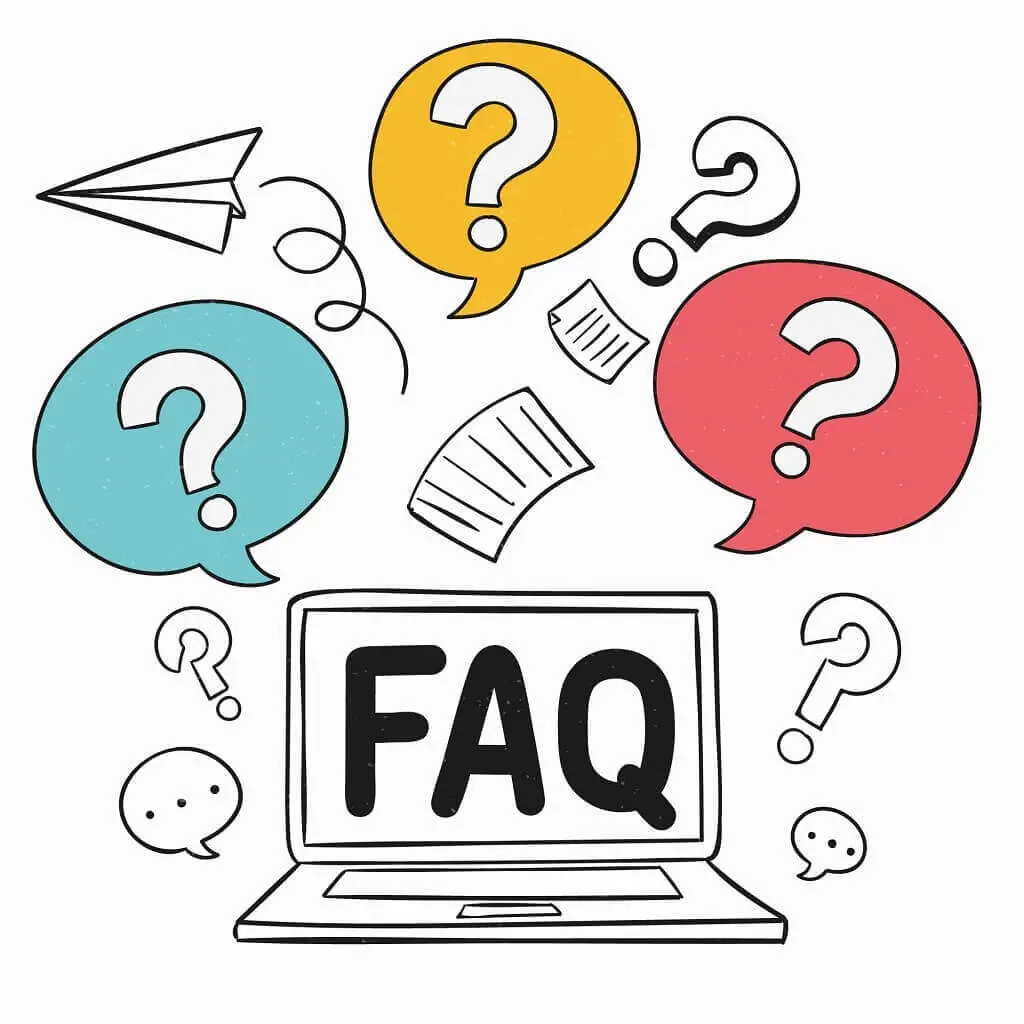Duties and Responsibilities of a Bond Trader

The US bond market is huge, with only the government bonds accounting for trillions in notional value. A bond is a financial instrument that allows individuals to loan cash to governments or companies. A bond serves as an excellent fixed income instrument of indebtedness of the bond issuer to the bondholders. Bonds can also be in mutual funds or can also be in private investments when a person gives a loan to an institution that may be the government of companies. The institution will then repay the principal amount at the end of the loan’s term along with a defined rate of interest on the investment for the duration of the bond.
Bonds are the most liquid and the most heavily traded amongst all the securities in the world. Unlike stockholders with an equity stake in the company, a bondholder has a creditor stake in the company. Moreover, Binds are the “riskless” assets that play a fundamental role in the asset allocation of an economy. With such a huge amount of bond securities being traded, a bond trader can make a lot of money from the bond trading business. But what is a bond trader?
A bond trader is an individual who is engaged with the buying and selling of bond commodities, either as a personal investment or on behalf of a client. Bond traders are responsible to evaluate the bond commodities, assess the various risks associated with them, and make the purchase and sell decisions accordingly to reap the maximum returns from the bond trading.
Responsibilities of a Bond Trader
 The primary responsibility of a bond trader is to make secondary markets for the investors. Traders buy and sell bonds with investors on either a principled or an agented basis. As the bond market is more complex than the stock markets, a bond broker’s role is more crucial than a stockbroker. As such, bond trading is a way of earning profits from fluctuations in the value of a government or corporate bonds. Each bond trader acts as a financial intermediary that matches the buy and sell orders in the fixed income market (bond market) and executes the OTC (Over-the-counter) bond trade on behalf of their clients. For this, the bond traders are allocated with a required amount of capital to maintain an inventory of different principled bond trades. The Bond brokers need to keep the identities of both the buyers and sellers anonymous; they communicate with the traders either online or over the telephone to obtain quotes from them. The duties and responsibilities of a bond trader are discussed hereunder in detail:
The primary responsibility of a bond trader is to make secondary markets for the investors. Traders buy and sell bonds with investors on either a principled or an agented basis. As the bond market is more complex than the stock markets, a bond broker’s role is more crucial than a stockbroker. As such, bond trading is a way of earning profits from fluctuations in the value of a government or corporate bonds. Each bond trader acts as a financial intermediary that matches the buy and sell orders in the fixed income market (bond market) and executes the OTC (Over-the-counter) bond trade on behalf of their clients. For this, the bond traders are allocated with a required amount of capital to maintain an inventory of different principled bond trades. The Bond brokers need to keep the identities of both the buyers and sellers anonymous; they communicate with the traders either online or over the telephone to obtain quotes from them. The duties and responsibilities of a bond trader are discussed hereunder in detail:
1) Analyzing the market
It is the responsibility of the bond traders to do thorough research about the market conditions. They should always remain updated about the current market trends to help their clients identify and buy the correct securities and meet their financial objectives.
2) Providing insight regarding the fixed income of clients
A bond trader is responsible for providing an insight to his clients regarding their fixed income solutions and formulating strategies for providing better services to his clients. A bond trader can exercise his powers to recommend new strategies to his clients by evaluating his clients’ fixed income investment plans.
3) Maintaining daily trade volumes
A bond trader is entrusted with the responsibility of performing all the back-end office work, maintaining the investment records for daily trade volumes and inventory records of fixed income securities, and ensuring timely execution of all the clients’ orders. He also ensures that all the trading activities are done in accordance with the regulatory compliances and policies of bond trading. Keeping all the documents and investment records duly updated is also a part of the bond traders’ duties; he ensures that all the investment documents are ready for final stage processing.
4) Maintaining a healthy relationship with clients
As a bond broker acts as a financial intermediary between the buyers and sellers of bonds, he is bound to maintain a healthy relationship with his clients; otherwise, he cannot take this bond trading further. He should be able to handle all the issues arising during the terms of business and should be able to provide timely solutions for the same, without hurting the sentiments of either of the clients. He constantly supports his clients in all the operational procedures and risk management norms.
Therefore, a bond trader is responsible for effectively executing all the fixed income transactions by gathering the relevant information of the markets and then analyzing them formulating marketing strategies. Based on these strategies, a bond trader is expected to tame the tactical opportunities that come in the way of successful bond trading. Bond traders have the potential to develop innovative trading ideas in compliance with the existing investment strategies.
How to Become a Successful Bond Trader?
 These days a bond trader is in high demand given the myriads of opportunities that a bond trader is exposed to while he earns profits by trading bonds. Generally, a bond trader earns profits in 3 ways. The first is by selling the bonds for higher prices than what they have paid while buying them. The second is by the “mark-to-market” changes, which can be earned automatically if the value of the bonds change while the traders continue to hold them, and thirdly, from the interests received from the bonds. He should be able to buy bond securities at the lowest and sell them at the highest rates. Anyone can take up bond trading as a profession, but for applying for that, he needs to have the following skills:
These days a bond trader is in high demand given the myriads of opportunities that a bond trader is exposed to while he earns profits by trading bonds. Generally, a bond trader earns profits in 3 ways. The first is by selling the bonds for higher prices than what they have paid while buying them. The second is by the “mark-to-market” changes, which can be earned automatically if the value of the bonds change while the traders continue to hold them, and thirdly, from the interests received from the bonds. He should be able to buy bond securities at the lowest and sell them at the highest rates. Anyone can take up bond trading as a profession, but for applying for that, he needs to have the following skills:
- A bond broker should have strong quantitative, analytical, and technological skills.
- He should be well organized and have a deep interest in the financial markets and bind brokerages.
- He should be able to withstand high work pressure and should be able to work within the given time constraints.
- He should have excellent multitasking ability and should know his work priorities. He should also be able to work independently as well as in a team environment.
- He should be having high analytical aptitude and prompt decision-making skills. A training program covering business math and quantitative skills would be an added advantage.
- Proficiency in computers and a management degree will add weightage to the resume of an applicant aspiring to become a bind trader.
Apart from these skills, one needs a professional degree to get into corporate bond trading. One requires passing the Series 7 Exam, which is the acronym for the General Securities Representative Exam conducted by FINRA or the Financial Industry Regulatory Authority. Passing this exam will allow the brokers to engage in the trading (buy and sell) of bonds and securities. Another exam that the brokers need to pass to take up bond trading as a profession Series 63 exam, which is the acronym for the Uniform Securities Agent State Law Examination. The Series 63 exam deals with the state’s laws and regulations in which the broker wants to execute his services. Possessing a Series 7 or Series 63 license enables the bond traders to take up bond trading professionals across corporate institutions. Some companies may not ask for these licenses when hiring candidates as bond traders, but in due course, the candidates will be required to present these license certificates to their employers. Otherwise, their candidature will be canceled by the higher authorities without any further clarification.
Before a candidate takes up any of these exams, he is required to be sponsored by any broker or dealer firm, which means that one needs to work as an intern under any brokerage firm before he could take up these exams.
Although graduate degrees in mathematics or commerce aren’t necessary to become a bond trader, they can aid in getting into the bond trading industry. Undergraduates in commerce, financing, mathematics, engineering, or programming or one who has just completed a bachelor’s degree in these subjects may start working as an intern in any brokerage firm and apply for any of these two exams. After successfully clearing these exams, he would be given a valid license to purchase or sell bond securities.
In Canada, passing the CSC exam or the Canadian Securities Course exam is mandatory to get into the bond trading industry. Applicants can also get into the CFC or the Canadian Funds Course before submitting the CSC exam application. Many traders also obtain the CFA degree or Chartered Financial Analysts degree designation that has three levels, while they work as bond brokers. (there are three levels, usually written one per year).
However, Bond trading is not everyone’s cup of tea. It is a highly stressful job and also very demanding both intellectually and emotionally. A bond trader makes money by getting a good return on the capital invested, carrying the business with investors, and also providing secondary trading levels and insight to issuers. Therefore, if you know how to balance these tasks properly, then bond trading may be an exhilarating and lucrative job for you.
FAQs
1. How much do bond traders make?
The average salary of a bind trader is somewhere around $125000. Whereas senior bond traders at major banks made an average of $1.3 million as total compensation. The heads of the desks make $4 million in their total pay, according to the Wall Street Journal, New York. However, some traders often claim more fees, and if they are competent, salary is never an issue for them.
2. How do bonds work?
Bonds can be traded anywhere where the buyers and sellers strike a deal, unlike stock trading that needs a central exchange; as such, the bond market is an “over-the-counter” market. When corporates or even governments need a loan to execute their financial obligations, they raise money through issuing bonds. A bond is a type of loan, and when one buys a bond, he is lending funds to the organization that has issued the bond. In return, the organization that may be the government or a corporate promise you to repay the principal amount of the bond along with the interest that will accrue after the term of the loan expires, which is called the maturity date. The interest rate at which the bond is issued is also called the coupon rate.
How much and how frequently you (as the lender) will receive the money will depend on the terms of the bonds (corporate bonds or government bonds) and the interest rates. You may set the interest rates quarterly, monthly, or annually together with the bond’s principal amount.
3. What is a fixed income trader?
A fixed income trader is a trading professional who executes trades of securities on behalf of retail clients on the basis of equity research of fixed income investments. A fixed income trader also deals with bonds and loans. They generally work with big investment banks and are high salaried professionals due to the quantum of service they provide to the organizations.
Fixed-income traders need trade licenses of either Series 7 or Series 63 exam certifications to execute their services at various jurisdictions of the state. For applying for these licenses, the applicants need to clear the respective exams conducted by the FINRA.




